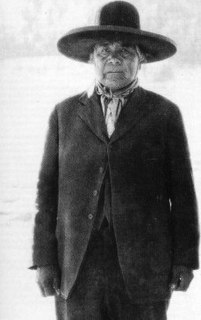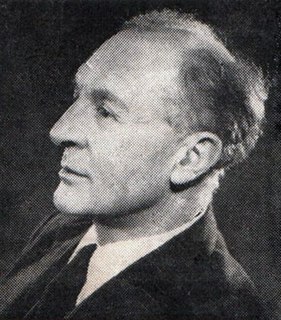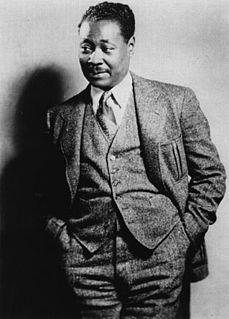A Quote by Miguel de Unamuno
Science says: 'We must live,' and seeks the means of prolonging, increasing, facilitating and amplifying life, of making it tolerable and acceptable, wisdom says: 'We must die,' and seeks how to make us die well.
Related Quotes
The master says it's a glorious thing to die for the Faith and Dad says it's a glorious thing to die for Ireland and I wonder if there's anyone in the world who would like us to live. My brothers are dead and my sister is dead and I wonder if they died for Ireland or for the Faith. Dad says they were too young to die for anything. Mam says it was disease and starvation and him never having a job. Dad says, Och, Angela, puts on his cap, and goes for a long walk.
If a person is gay and seeks God and has good will, who am I to judge him? The Catechism of the Catholic Church explains this very well. It says they should not be marginalized because of this (orientation) but that they must be integrated into society. The problem is not having this orientation. We must be brothers.
The truth is that life is hard and dangerous; that he who seeks his own happiness does not find it; that he who is weak must suffer; that he who demands love will be disappointed; that he who is greedy will not be fed; that he who seeks peace will find strife; that truth is only for the brave; that joy is only for him who does not fear to be alone; that life is only for the one who is not afraid to die.
We cannot hope to die peacefully if our lives have been full of violence, or if our minds have mostly been agitated by emotions like anger, attachment, or fear. So if we wish to die well, we must learn how to live well: Hoping for a peaceful death, we must cultivate peace in our mind, and in our way of life.
Our technological society has no longer any place in it for wisdom that seeks truth for its own sake, that seeks the fullness of being, that seeks to rest in an intuition of the very ground of all being. Without wisdom, the apparent opposition of action and contemplation, of work and rest, of involvement and detachment, can never be resolved.
There's that wonderful line in Measure for Measure. I forget which of the characters has committed adultery and is going to die. He looks at his hand and says, "How could this die?" That's the joke. I've always thought, and this is nothing new, that we don't really believe we die. I think you're going to die, because I know that's what happens but I can't imagine I'm going to die.






































